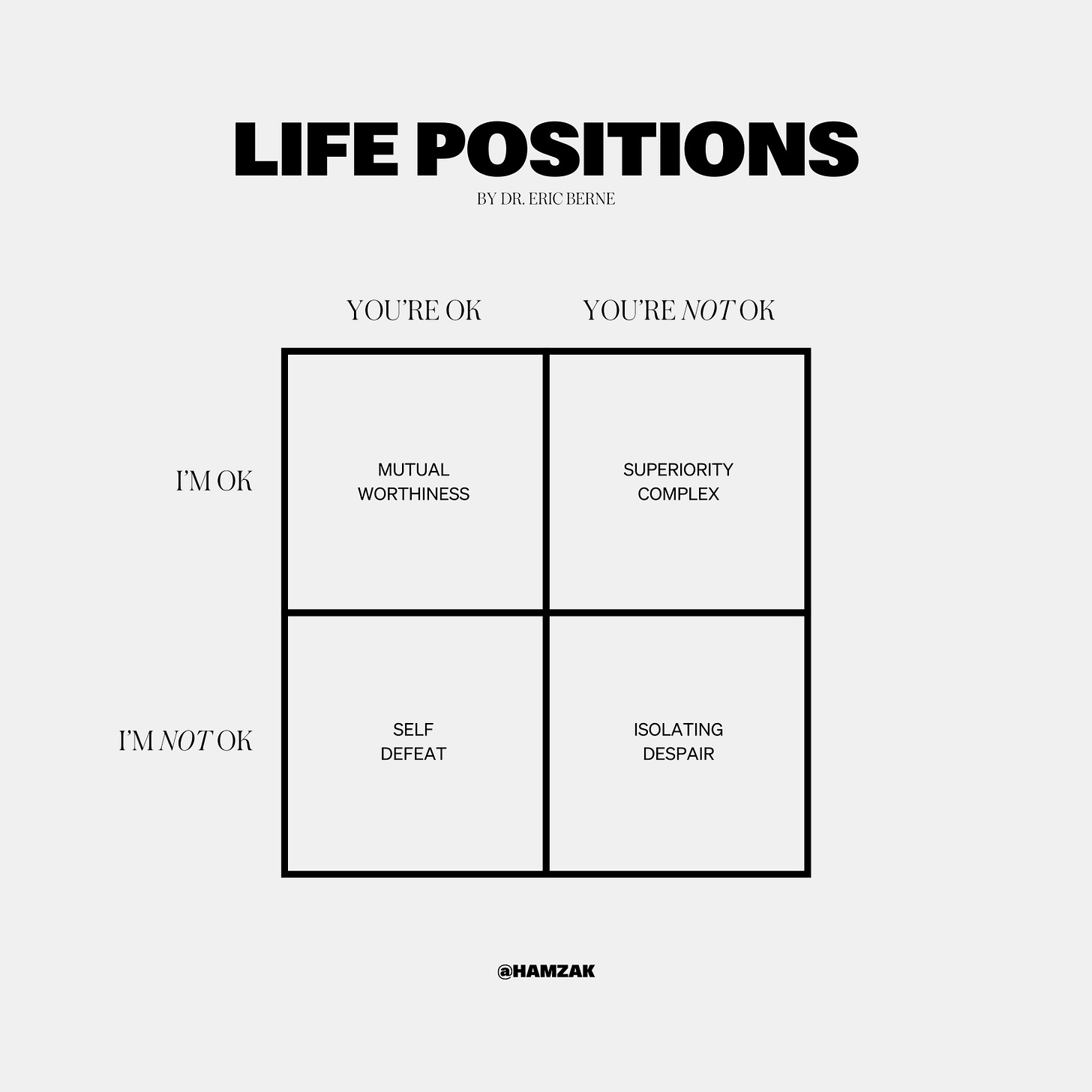The Most Difficult Time Of The Year
This past year, I mourned two back-to-back miscarriages. The sustained sadness broke me in ways that may never fully heal. Hesitant to burden friends and family with my sorrow, I mastered the art of deflection. During the holidays, “How are you?” was met with a polite (but hollow) “I’m good!” or “I’m great!”—answers that felt like lies even as they left my lips.
But something shifted when I flipped the question: “How are you really doing?” The cracks in our festive facades became visible. Beneath the bright smiles and obligatory small talk were heart-wrenching stories of struggle—job losses, health scares, strained relationships, and a gauntlet of grievances too heavy to carry alone. Too many of us were just OK—and not always even that.
The holidays can magnify what’s unresolved within us, even for the most well-adjusted. An eye-opening survey by the American Psychological Association revealed that 89% of people feel stressed during the season, with 41% reporting higher stress levels than at any other time of year. I entered the season braced for impact, determined to keep my trauma-induced depression in check. But no amount of preparation could keep the waterworks at bay. After a year of therapy and coaching, I still wasn’t myself—and I now understand I wasn’t supposed to be. The National Alliance on Mental Illness found that 64% of people living with a mental illness felt their condition worsened during the holidays. This year, I was one of them.
Understanding “I’m OK – You’re OK”
In these moments of masking my misery, I kept returning to psychiatrist Dr. Eric Berne’s “I’m OK - You’re OK” framework. It describes four life positions we unconsciously adopt—and I found pieces of myself in each quadrant:

- I’m OK - You’re OK: The healthiest stance, rooted in mutual worthiness despite imperfections. When the weight of my losses felt unbearable, I reminded myself that my worth wasn’t tied to being perfect or resilient. Sharing my sorrow with close friends allowed me to recognize that my struggles didn’t make me any less OK—and neither did theirs.
- I’m OK - You’re Not OK: A superiority complex that fosters judgment and alienation. I caught myself criticizing a family member for reckless financial decisions that had brought them to the brink of bankruptcy. Pausing, I reminded myself of their humanity and the complexity of their situation, which helped me approach them with compassion rather than condemnation.
- I’m Not OK - You’re OK: A self-defeating mindset tied to low self-esteem. At a New Year’s party, surrounded by cheerful faces, I felt a pang of inadequacy, as if everyone else had life figured out while I was barely holding on. But when I leaned into deeper conversations, I realized many were struggling too—it wasn’t just me.
- I’m Not OK - You’re Not OK: A hopeless perspective that breeds isolating despair. In my darkest moments, I believed no one could understand my pain and that we were all too consumed by our own challenges to truly connect. But asking a colleague, “How are you really doing?” opened the door to a shared vulnerability that eased my sense of isolation.
Breaking The Habit
Growing up, I watched my parents—tenacious South Asian immigrants—bury their struggles beneath hard work and courteous smiles. They seldom let the cracks show, and I thought I couldn’t either. Compartmentalizing my emotions got me through the aftermath of the first miscarriage. But after the second, I unraveled. I cried during keynote addresses, stumbled through meetings, and veered into the cold, hopeless place beyond burnout.
In hindsight, I wish I’d been honest sooner. The research on self-compassion has taught me that embracing imperfection isn’t a sign of weakness—it’s an act of courage. Extending grace to ourselves and others reduces anxiety, strengthens relationships, and enhances overall well-being. There’s colossal power in admitting that you’re not good or great.
How Are You Really Doing?
As a recovering overachiever, I’ve grudgingly accepted that being just OK is enough. It’s OK not to have it all figured out. It’s OK to admit you’re not thriving. It’s OK to acknowledge the grief, the stress, the uncertainty—and still show up.
And it’s OK to gently uncover the struggles others may be carrying—not to fix them, but to share the weight of being human together.
I’m OK. You’re OK. And that’s OK.




